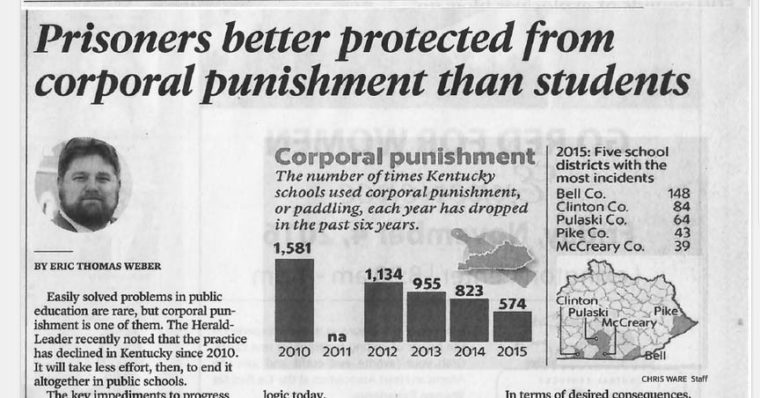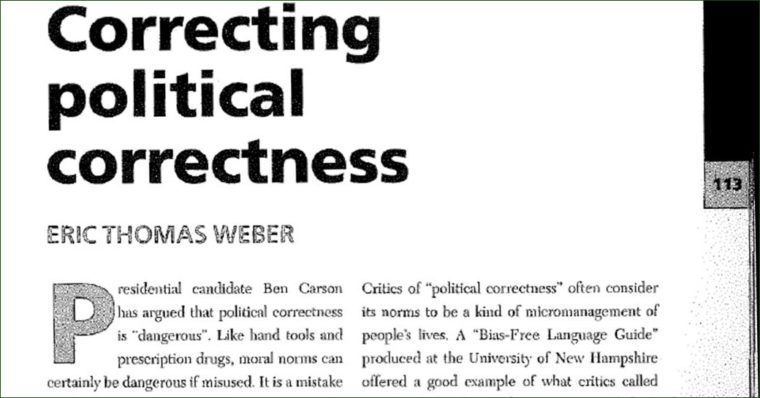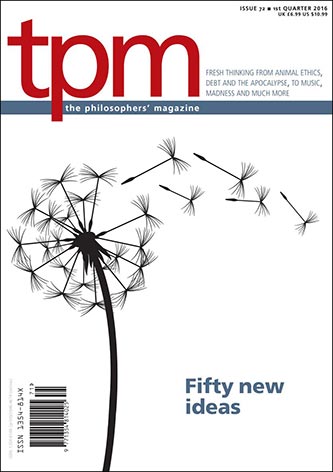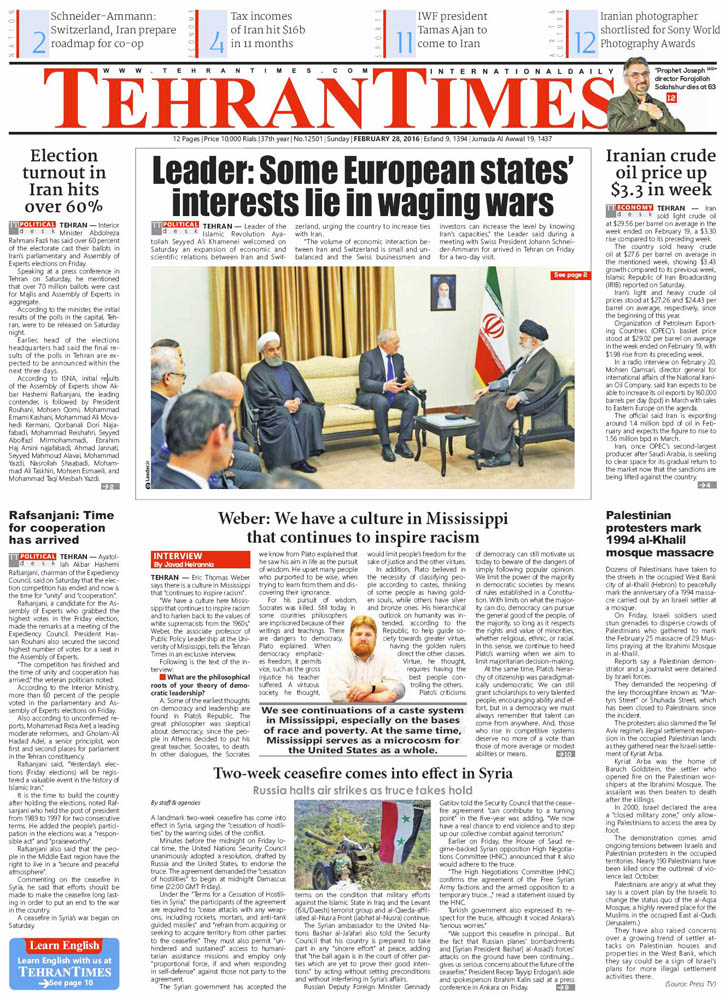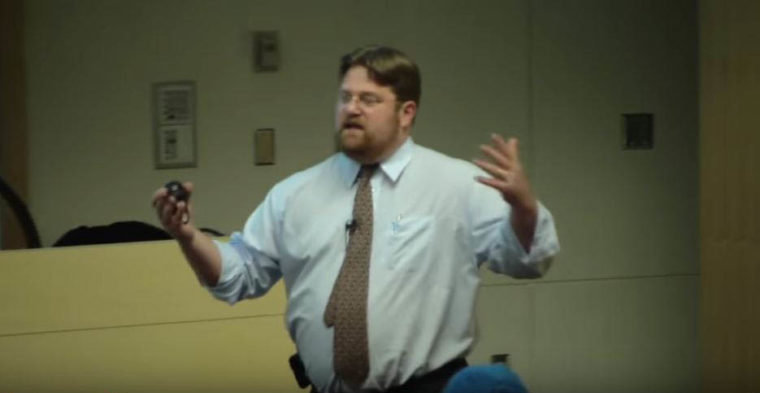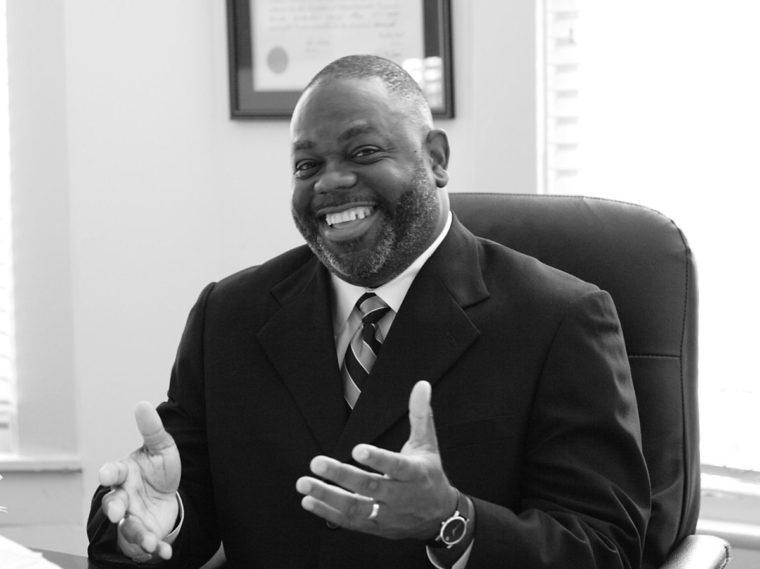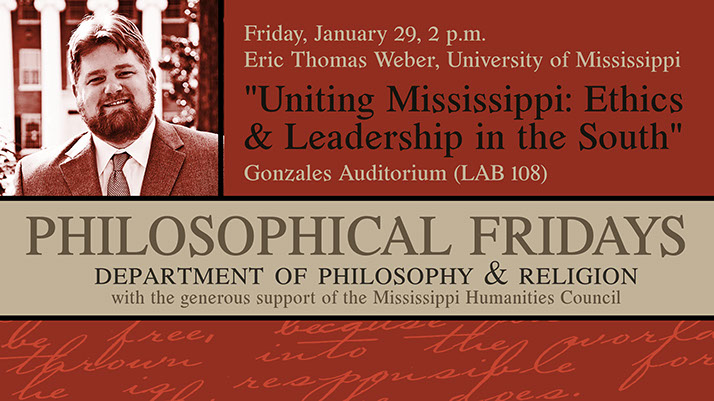Yesterday, I was deeply troubled to hear that Trump referred to suicidal veterans with PTSD as people who “can’t handle it” (CNN). It sounded, read in the news, like another incredibly callous remark, like so many that he has made. When you watch the video of him saying the words, you see that he was trying to speak sympathetically to the difficulties that veterans face when they witness traumatic events. That fact leads some people to want to defend Trump from the unfair media, and from others’ allegedly unfair reactions.
There’s certainly some merit to the idea of encouraging people to dig deeper. Folks need to understand two things, however. 1) His remarks displayed a disrespectful, troubling set of assumptions even if he meant to be sympathetic. 2) Trump once deserved the benefit of the doubt, but his words and actions forfeited it long ago. Procedurally, he’ll always have the benefit of the doubt in the courtroom, but you have to deserve it in the court of public opinion.
Trump calls people “losers” all the time (170 examples in the Washington Post), and himself “smart” for paying no taxes. He sees people’s misfortunes as demonstrations of their own failings. You can’t get a clearer example of this than in the language he used to describe veterans who commit suicide. “Handling it” is something you’re supposed to do when you have a problem. Even if he was trying to speak sympathetically, and I’m sure he was, he referred to PTSD in terms of an inability for veterans to handle their problems. Imagine saying that a deceased mother’s problem was that she couldn’t handle her cancer. If you hear how jarring that sounds, you can see what’s so troubling and ignorant in Trump’s remarks. PTSD isn’t a little bit of everyday work stress turned up several levels. It’s a serious matter of mental illness. It’s akin to cancer.
So, when reporters who felt that his language was troubling wrote that “Military suicides happen to service members who ‘can’t handle it’,” it rubbed a lot of people wrong. He has said so many things that have been deeply callous, troubling, and unacceptable for a Presidential candidate that folks encountering that reporting have cause to worry and be dismayed by this man’s careless statements.
For critical thinkers and readers, it’s important to give people the benefit of the doubt. When I first read the article, it sure sounded as though he was being as callous and judgmental as so many instances in the past. For public figures, we ought to dig deeper and try to make sure that our judgments are deserved. A figure can abuse that, however, and there’s no doubt that the public has heard so much troubling bigotry from Trump that we’ve become desensitized to it.
I want our judgments to be well informed and fair, but at least as important is the obligation of our officials to deserve the benefit of the doubt. Trump has forfeited that honor contemptuously. Three examples of hundreds make the matter plain for me:
- Because of Trump, we actually have had a Presidential candidate, during a Republican primary debate, mind you, refer to his penis size and satisfaction over the matter. Sadly, this is the least troubling of my three examples.
- Trump’s misogyny actually led him to refer to a Fox News reporter’s menstrual cycle, literally “blood,” when upset about difficult questions she raised for him. “You could see there was blood coming out of her eyes… Blood coming out of her wherever.”
- In reference to one of our most famous veterans who endured trauma, Senator McCain, Donald Trump actually dismissed the idea of him as a hero, saying that he prefers soldiers who weren’t captured.
This final example explains my lack of sympathy for those who believe Trump was interpreted unfairly. Maybe some commentator thought he meant to be hurtful, and probably that person was wrong. That doesn’t mean that Trump deserves the benefit of the doubt. He has so profoundly demeaned the role of the American Presidential candidate that he has forfeited sympathy over a few people’s snap judgments.
If evidence matters to you, here’s a New York Times list of 258 people, places, and things that Donald Trump has insulted, as of August 22nd.
Sure, I’ll always advocate for innocent til proven guilty in court. But in the public sphere and in the pursuit of the highest office in the United States of America, you’ve got to deserve the benefit of the doubt. It’s time for people who care about values to mean it.
Dr. Eric Thomas Weber is Executive Director of the Society of Philosophers in America (SOPHIA) and Visiting Associate Professor of Philosophy at the University of Kentucky. He is representing only his own point of view. Follow him on Facebook and on Twitter.


